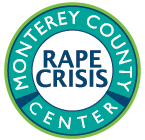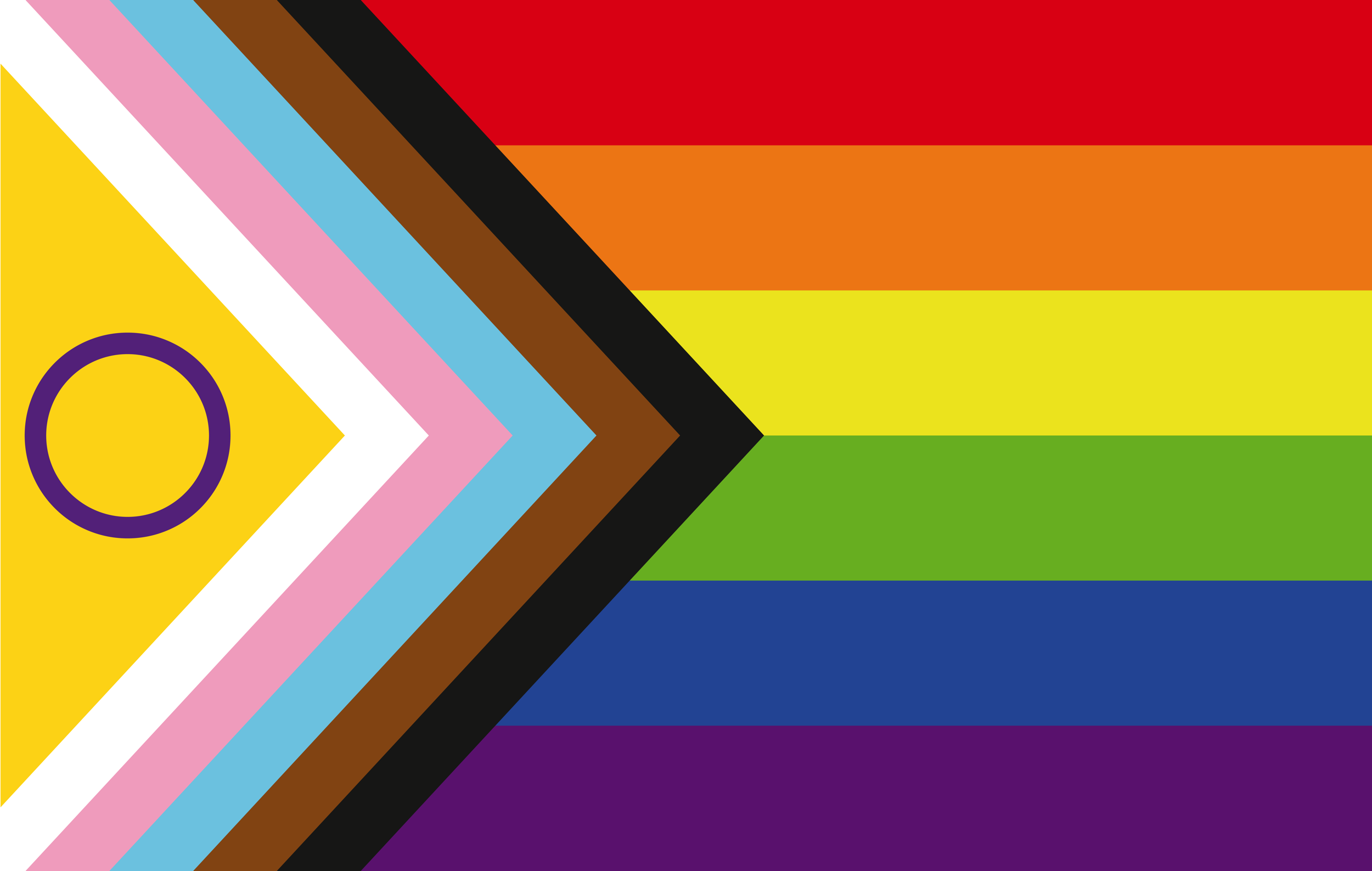November 2, 2017
In the aftermath of the New York Times and The New Yorker investigative reports, the #MeToo posts on Twitter, Facebook, Snapchat, and Instagram tell an important truth, but it is a truth we should already know.
The "Me Too" Campaign was established a decade ago “to be used from survivor to survivor to let folks know that they were not alone and that a movement for radical healing was happening and possible,” said "Me Too" creator Tarana Burke. On October 15, 2017, actress Alyssa Milano picked up the "Me Too" campaign by tweeting “If you’ve been sexually harassed or assaulted write ‘me too’ as a reply to this tweet.”
Since Milano’s tweet, millions of people have utilized the #MeToo hashtag in social media posts to tell their own stories of sexual harassment and assault. Social media feeds have surged with #MeToo posts from friends, family members, former teachers, acquaintances, co-workers, supervisors and complete strangers describing sexual violence perpetrated against them.
Apparently, this flood of survivor stories is shocking despite the widely available statistics that assert:
One in four women is sexually assaulted in her lifetime
One in four women experienced workplace sexual harassment
One in six men have experienced abusive sexual experiences before age 18
The vast majority of sexual violence perpetrators are known to the people they abuse
The #MeToo Campaign brings to light the hard truth that it is survivors who must do all the work to build public consciousness about the prevalence of sexual violence.
It is survivors who are shamed into believing the sexual violence perpetrated against them was somehow their fault for the way they look or dress, the industry they work in, the colleague they trusted to conduct a business meeting, the family they were born into, or the partner they chose.
It is survivors who are silenced by our belittling of their experiences by saying things like “He was only trying to compliment you,” “It’s really not that bad,” “It could have been worse,” and “Why were you there anyway?”
It is survivors whose stories are lumped into double-digit lists describing the nearly identical narratives of a man using his position of power and influence to physically and sexually assault people before they are believed.
It is survivors who must muster the courage to tell the history of violence perpetrated against them and for those stories to reach a critical mass before the significance of this epidemic is felt. Even then, the abuse continues.
It is survivors who are made to feel that they owe the people that abused them compassion and empathy for committing sexual violence.
We owe survivors more than this. We owe them systemic change. We can start by believing survivors when they entrust us with the stories of violence committed against them. We can start to shift the power imbalances in our society that embolden sexual predators by valuing the work of people of color and women with income equality. We can hold perpetrators accountable for the sexual violence they commit through the criminal justice system by actually prosecuting these crimes. We can elect public officials and support art and entertainment that embody ideals of respect and equality.
The #MeToo Campaign has built public consciousness of sexual violence because of the brave work of survivors. Let this be the last time that we rely on survivors to give significance to the prevalence of sexual harassment, child sexual abuse, rape, and sexism in our communities.
If the #MeToo Campaign has brought up reminders of abuse that had been previously buried, survivors should know that there are resources available. It’s never too late to call our 24-hour crisis lines at (831) 375-4357 / (831) 424-4357.




